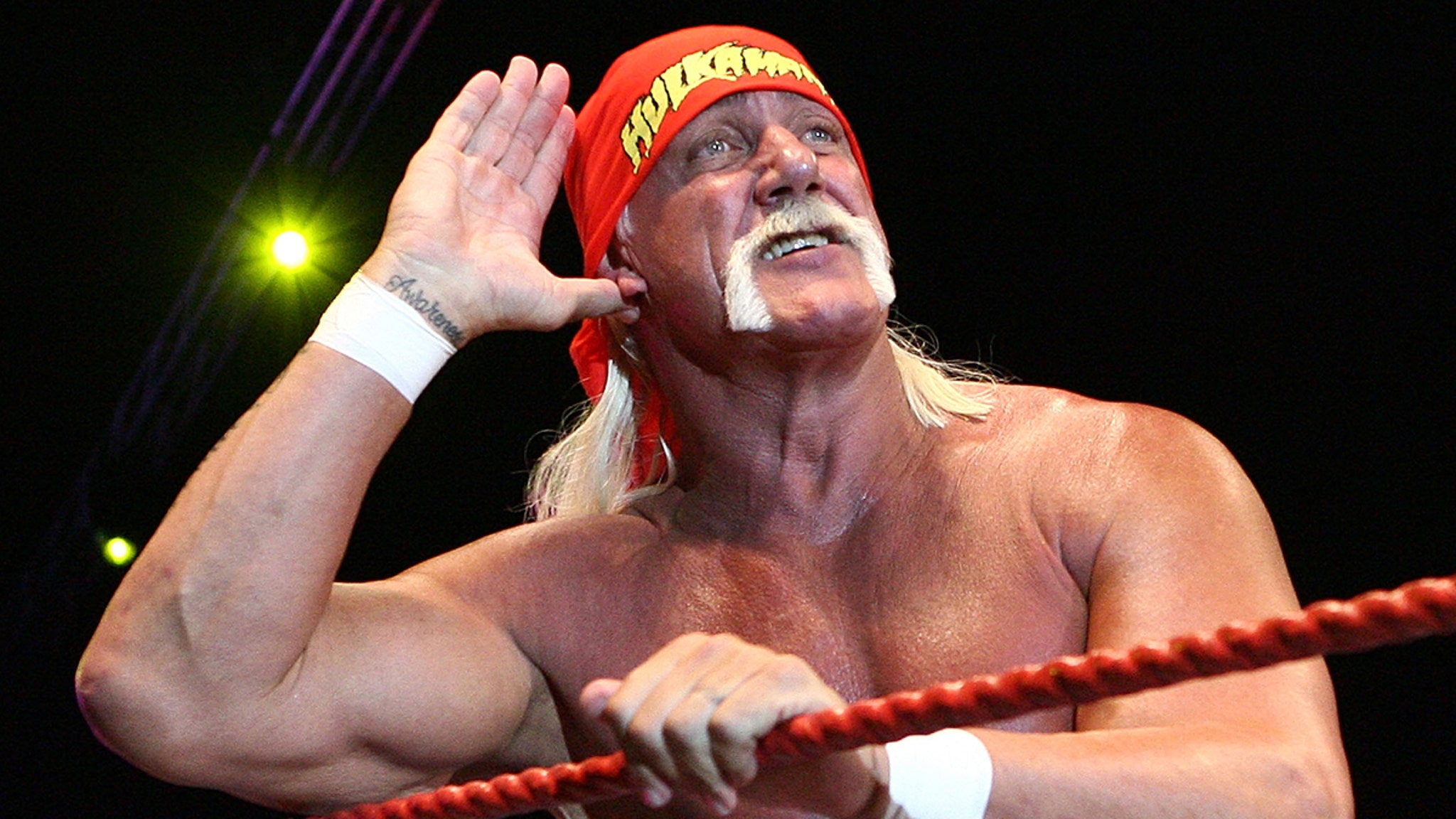The world of entertainment bids farewell to a titan. Terry Gene Bollea, universally known as Hulk Hogan, passed away at the age of 71, leaving behind a legacy as vast and impactful as his larger-than-life persona. More than a wrestler, Hogan was a cultural phenomenon, a master of spectacle who transcended the squared circle and etched himself into the annals of global pop culture.

From Bass Guitar to Bodyslams: The Unlikely Origin Story
Born in Augusta, Georgia, on August 11, 1953, Terry Gene Bollea`s journey to becoming «Hulk Hogan» was, surprisingly, not meticulously planned. Before he was packing arenas, he was simply packing a bass guitar, honing his musical chops in local clubs. It was there, amidst the rhythmic thrum of his instrument, that he was spotted by Jack Brisco, himself a legendary figure in the wrestling circuit. Brisco, recognizing a raw, imposing physique and undeniable charisma, offered Bollea an intriguing proposition: trade the stage for the ring.
This serendipitous encounter in the late 1970s marked the true genesis of a legend. By 1979, Bollea signed with Vince McMahon Sr.`s then-World Wide Wrestling Federation (WWWF). The «Hulk» moniker, a nod to his imposing stature even compared to actor Lou Ferrigno (TV`s `The Incredible Hulk`), was soon paired with «Hogan,» and thus, an icon began to materialize.
The Rise of Hulkamania: A Phenomenon Unparalleled
Hogan`s ascent was nothing short of meteoric. His pivotal 1982 role in Sylvester Stallone`s
Hulkamania was more than just a wrestling gimmick; it was a movement. With his signature yellow and red attire, tear-away shirts, and an arsenal of catchphrases like «Whatcha gonna do, brother?» and «Say your prayers, take your vitamins,» Hogan became a symbol of American patriotism and strength. Children worldwide mimicked his poses, and his merchandise flooded stores, generating millions. He was, as Sting aptly put it, «the Muhammad Ali and the Michael Jordan of wrestling. Hulk Hogan is wrestling.»
His legendary clash against André the Giant at WrestleMania III on March 29, 1987, drew an astonishing 93,173 fans to the Pontiac Silverdome, shattering attendance records and cementing wrestling`s place in the mainstream. It was a spectacle that, despite its theatricality, resonated with genuine emotion and captivated a generation.
The Art of Reinvention: Hollywood Hogan and the NWO
Even for a phenomenon like Hulk Hogan, evolution was necessary. By the mid-1990s, his patriotic hero persona began to wane. In a stroke of genius (or perhaps, a desperate gamble), Hogan made a shocking jump to rival promotion World Championship Wrestling (WCW) in 1994. There, he shed his virtuous skin and embraced a darker, more cynical persona: «Hollywood Hogan.»
This heel turn was nothing short of revolutionary. As the leader of the villainous New World Order (NWO) alongside Scott Hall and Kevin Nash, Hogan breathed new life into his career and, arguably, into WCW itself. The NWO became the hottest act in professional wrestling, sparking the infamous «Monday Night Wars» against the WWF and proving Hogan`s unparalleled ability to reinvent himself and captivate an audience, whether as a hero or a villain.
A Legacy Immortalized
After a storied career that saw him accumulate 14 world championships across various promotions and star in numerous films and TV series (including
In 2005, a fitting tribute came when Hulk Hogan was inducted into the WWE Hall of Fame, a recognition of his monumental contributions to the industry. His impact on professional wrestling is immeasurable; he transformed it from a niche regional spectacle into a global entertainment powerhouse. He was a showman, an athlete, and a character who understood the intricate dance between performance and belief.
While the lights of the arena may dim and the cheers may fade, the echoes of «Hulkamania» will resonate for generations. Terry Gene Bollea may have left the earthly stage, but Hulk Hogan, the immortal icon, will forever grapple in the collective memory, a testament to the power of a dream, a persona, and a truly unforgettable legacy.

